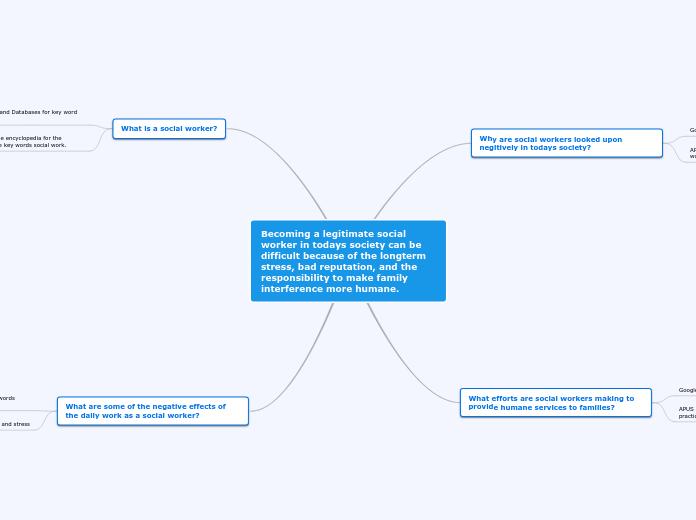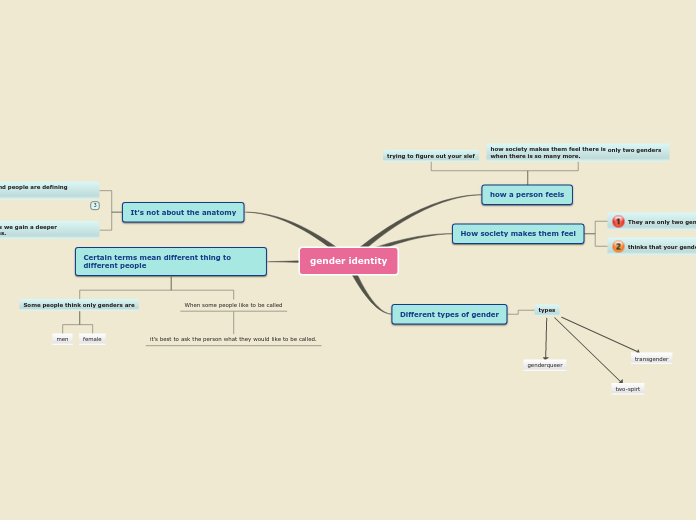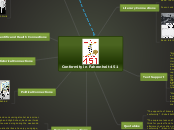af Rolla Farag 6 år siden
223
Anger
Anger is a complex emotion that can serve useful purposes, such as allowing individuals to express negative feelings and motivating them to solve problems. It manifests when people feel wronged or their goals are obstructed, often due to unmet desires or perceived threats.









